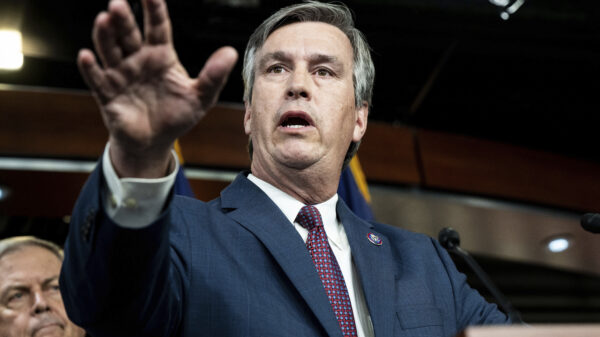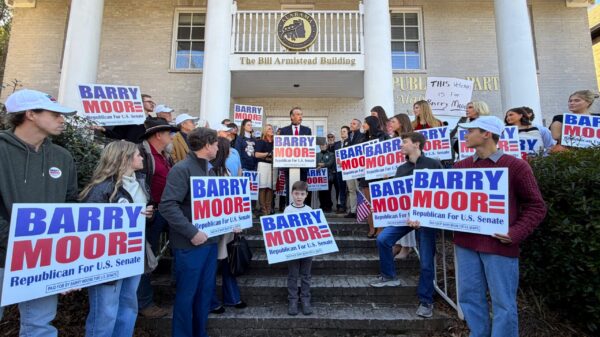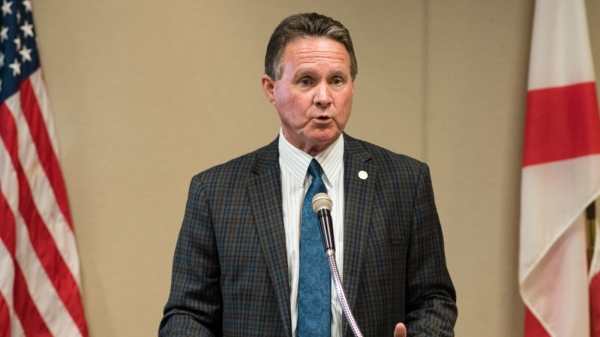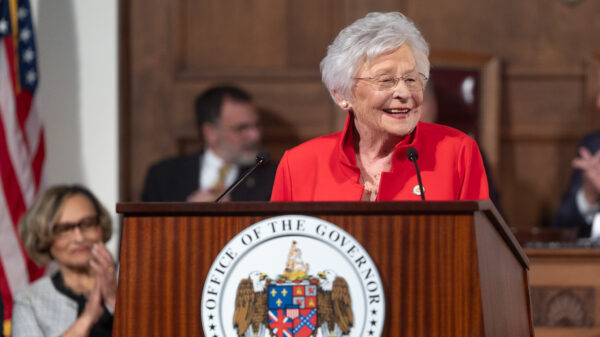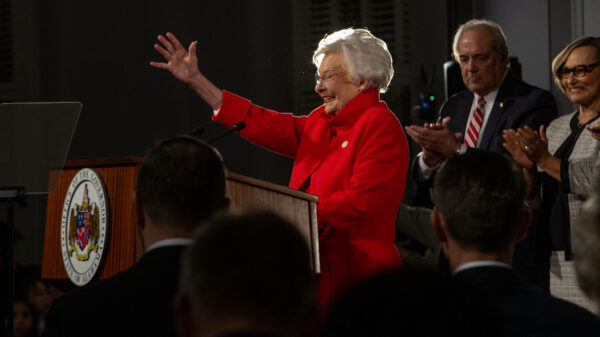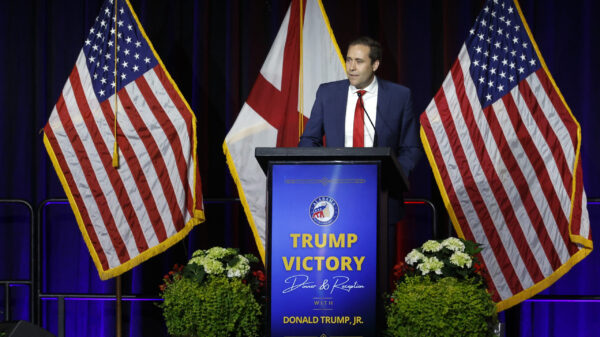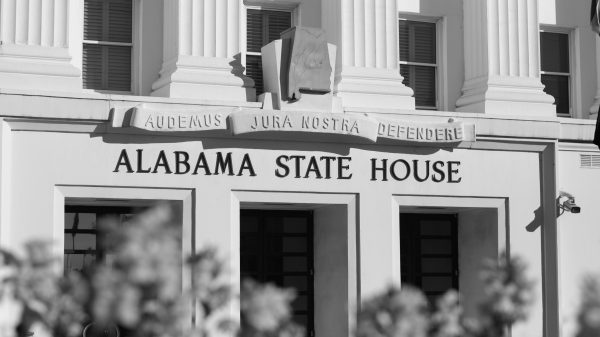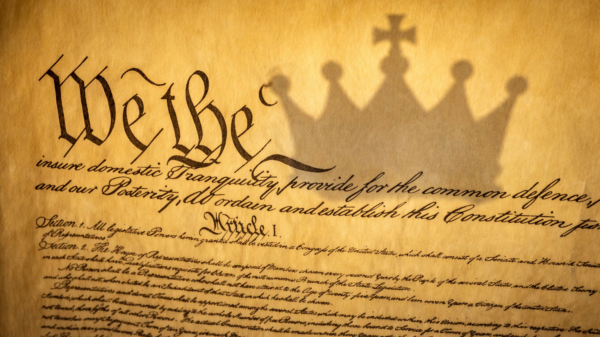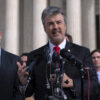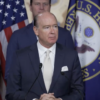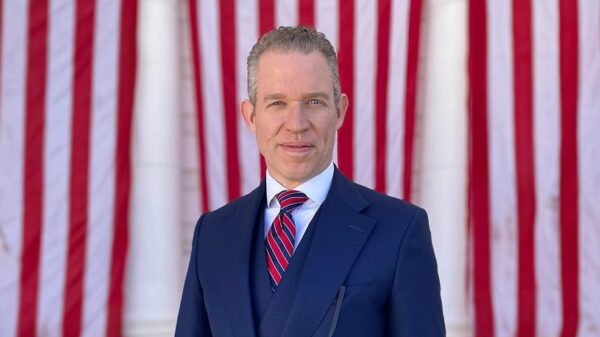The founding generation understood factions the way a sailor understands storms—not as abstractions, but as forces that can swallow a nation whole. When they wrote the Constitution in 1787, they hoped to build a Republic sturdy enough to withstand ambition but flexible enough to let people govern themselves. What they feared most was the rise of parties that would elevate loyalty to faction above loyalty to the country.
James Madison warned in Federalist No. 10 that a dominant faction would “sacrifice to its ruling passion” both the public good and the rights of other citizens. George Washington cautioned that political parties would become “potent engines” for ambitious and unprincipled men to mislead the public and tear at the nation’s fabric. John Adams called parties “the greatest political evil under our Constitution.” Even Thomas Jefferson—who would eventually lead one—said that if he could reach heaven only as a member of a party, he’d rather stay behind.
Their warnings were not academic. Within a few years the storms gathered. Faction took hold. And over the centuries it grew into exactly the force they feared: a machine that rewards anger over duty, division over cooperation, and power over principle.
Today we are living through a new and more dangerous episode of what the Founders foresaw. National politics is now defined by extreme partisanship and even blind devotion to would-be authoritarians who openly promise retaliation, punishment and domination. Leading figures in Washington talk casually about using the Justice Department to settle political scores. The push for sweeping presidential immunity has encouraged an almost monarchic view of executive power. Some in Congress excuse political violence, flirt with the language of force, and stoke grievances to mobilize factions rather than unite citizens. The machinery of government itself—the courts, the civil service, the agencies that keep the lights on—is increasingly viewed not as the infrastructure of a free nation but as an obstacle to vengeance.
The Founders feared exactly this: a politics that confuses rage for strength and places the Republic at the mercy of those who benefit from disorder.
And Alabama is feeling the storm no less intensely. In fact, the factional fever may burn hotter here than almost anywhere in the country. The Legislature spends more time advancing performative culture-war bills than confronting the crises that define daily life for Alabamians. Book bans, anti-LGBTQ+ measures, and attacks on higher education crowd out serious work on the issues that matter most: rural hospital closures, teacher shortages, mental-health access, infrastructure decay, and some of the highest maternal mortality rates in the nation.
Alabama deserves leaders who fix problems, not ones who manufacture enemies.
Instead, a growing number of lawmakers speak not to the people of Alabama as a whole but to narrow ideological echo chambers. When the Legislature tries to take over city police departments or strips local governments of authority simply because those communities choose a different path, it isn’t demonstrating strength—it’s revealing a deep distrust of democracy itself.
Our elections reflect the same distortion. Candidates face loyalty tests that have little to do with the responsibilities of governing and everything to do with aligning themselves with national personalities who demand devotion, not independence. Opponents are not debated on policy; they are branded as radicals or traitors. And instead of discussing rural healthcare, broadband, economic mobility or the future of public education, campaigns repeat national conspiracy themes about immigration or “Marxism in schools.”
Faction has replaced governance. Spectacle has replaced substance. The Founders warned that once a Republic embraces loyalty to personality over principle, the slide toward instability is quick.
But this is where the story must turn—because we have been here before. The United States has faced storms far darker than this: civil war, economic collapse, political violence, demagogues of every stripe. Each time, this country found its footing not because the most theatrical figures demanded it, but because ordinary citizens chose courage over despair and responsibility over retreat.
The same is true for Alabama. This is our home. Our inheritance. Our shared project. We do not have to accept a politics that divides neighbors, weakens institutions, and treats disagreement as treason. We can demand better. We can insist that our leaders solve real problems instead of staging ideological performances. We can reward cooperation and character instead of outrage and obedience. We can choose a politics that elevates rather than corrodes.
Democracy does not collapse in a moment. It frays one neglected responsibility at a time. But the reverse is also true: democracy is repaired one act of courage at a time, one citizen at a time, one election at a time.
The Founders did not hand us a perfect Republic. They handed us a fragile one—a torch passed from generation to generation, always one storm away from being extinguished. Whether it still burns brightly is not up to Washington or Montgomery alone. It is up to the quiet majority of Americans and Alabamians who still believe in fairness, truth, community and shared purpose.
The future is not written. It is waiting. If we choose citizenship over faction, courage over comfort, and the rule of law over the rule of rage, then America’s best days—and Alabama’s—will not be found in the ruins. They will be found in the work we do together, starting now.

